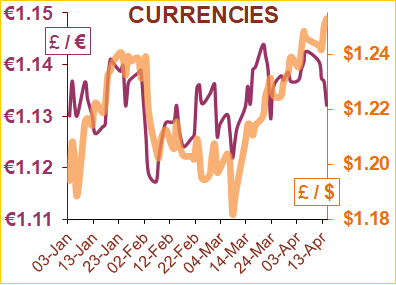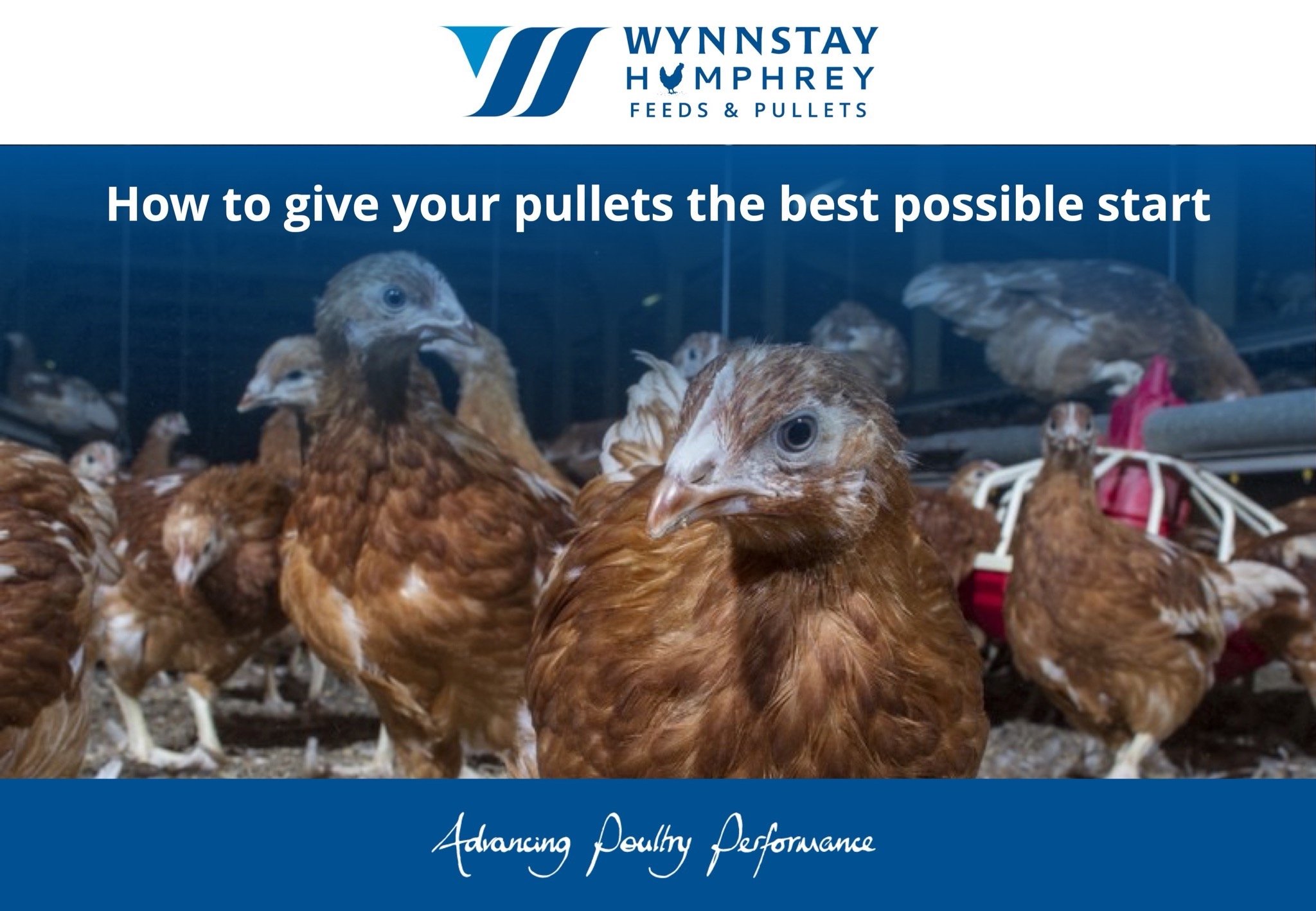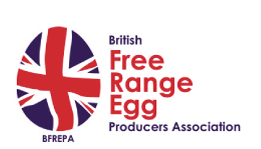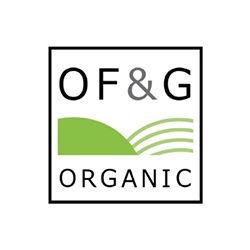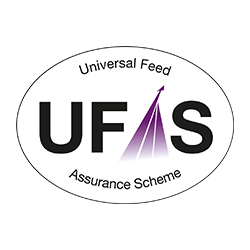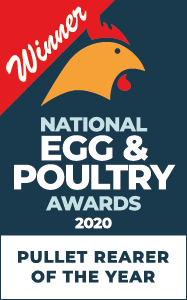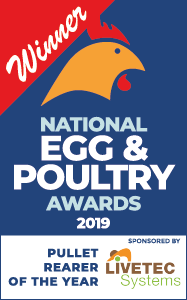Currencies
The £ has seen strength this past week with reports that it could top $1.30 by the end of the year. This has been driven by dollar losses as it appears the US are now also nearing the end of their interest rate hikes, similar to the UK.
Energy prices are also falling, and it appears that despite the blip in February where inflation rose in the UK, the long term forecast is that UK inflation has peaked.
Wheat
Wheat has broken clear of the £200 support line and has been trading between £190 and £198 for the past 10 days, suggesting this is now a new normal trading range – for now.
Continued cheap Black Sea sources of wheat as well as the now confirmed grain corridor extension mean that the concern over supply which has been keeping the market supported appear to have subsided for now. This means that European market prices are effectively capped by these cheaper Russian, Ukrainian, Polish supplies effectively keeping a cap on all market prices. The UK continues to fall outside of competitive export pricing, meaning that we are still looking at a substantial carryover and potentially very technical switch at the end of this (harvest) season between old and new crop.
US spring planting has finally gotten underway after prolonged cold periods pushed that back although weather will now play a big part as there will be a limited window to get drilling completed.
Soya
Soya prices are slowly continuing to come off now that the South American crop has all been accounted for and the larger Brazilian crop is finding its way through the trading channels to counter the lower Argentinian crop.
The focus is now very much on US plantings which like wheat, have begun in the past couple of weeks. USDA estimates suggest farmers are planning on planting the largest area of soybeans ever this season but that will be weather dependent.
Organic
Organic prices appear to have found a level at the moment which is generating new crop trade and origins are likely to be Romania and Kazakhstan this coming season.
In terms of proteins, we have seen the first example of shippers no longer carrying strategic stock and the UK effectively has run out of organic sunflower awaiting new shipments. This is temporarily driving feed prices back higher and shows as we have mentioned before, the benefit of contracting for a 6 month period to protect from these short term supply issues.
India soya suppliers are in the process of re registering for their organic status after the EU removed all bodies from their approved organic suppliers, which meant the UK followed suit. This is likely to be August/September before we know if any are successful which means it is more than likely soya supply will switch to Chinese certainly in the short term. This means lower quality protein which could bring in some other alternative protein sources into organic diets in order to be able to balance that.
And Finally…
Protests at the Races
The Grand National produced a triumph as Corach Rambler won, and a windfall for its seven owners, including 21 year old student Cameron Sword, who won approximately £50,000! However the 175th Grand National was disrupted by animal rights protestors, with 118 arrests, and the race was delayed by nearly ¼ of an hour.
The police knew that the national was going to be targeted, as the Animal Rebellion (also known as Animal Rising), was infiltrated some time ago by a reporter, who found out that the group were planning to glue themselves together on the race course. This information emerged a month ago, yet the disruption still managed to proceed, but crucially, it did not stop one of the UK’s favourite races.
This is not the first time that a significant race has been disrupted, and most will have heard of Emily Davison, who died, in the name of women’s emancipation, who was thought to have thrown herself under the King’s Horse at the Epsom Derby 110 years ago. It is surprising to consider that the fatal action was recorded on 3 early news reels. The original nitrates of those films have recently been analysed, and the conclusion is that Emily Davidson was not trying to make the shocking gesture, but was in fact trying to attach a suffragette scarf to the bridle of the horse.
Clare Balding’s Channel 4 documentary on Emily Wilding Davison’s life, and what led her to make her final move at the 1913 Derby is still available on https://www.youtube.com/watch?v=lIknRGKCKZo
Regards,
Kay Johnson & Martin Humphrey

